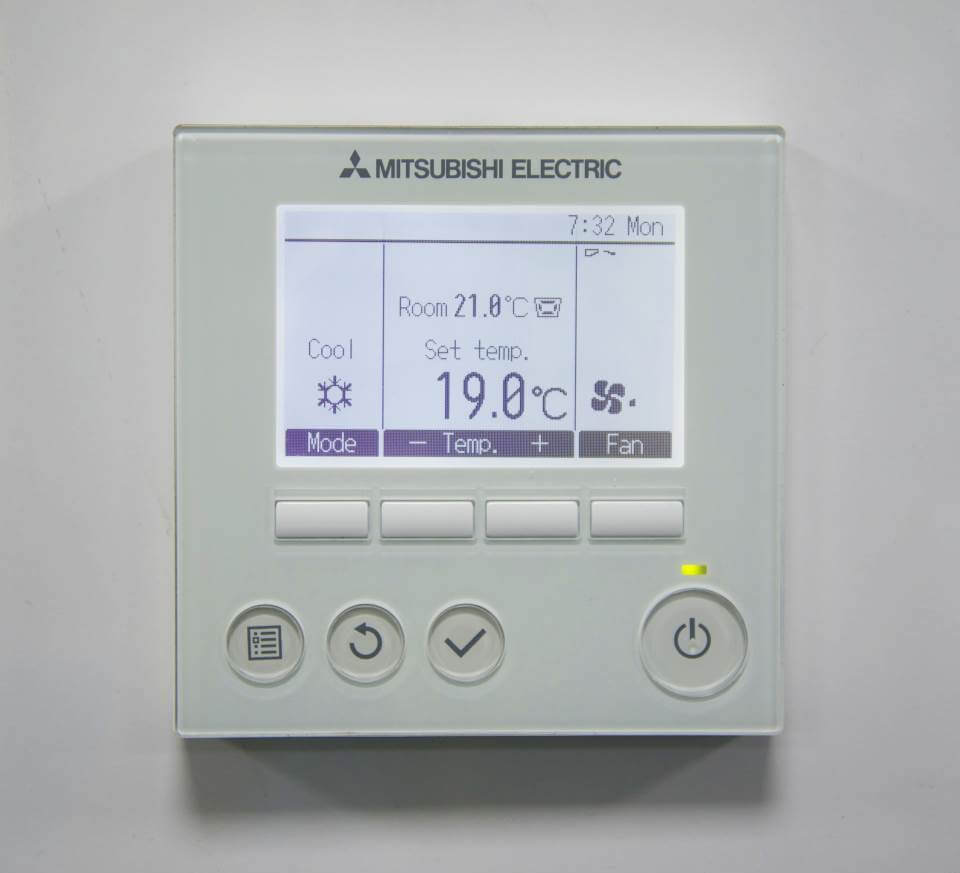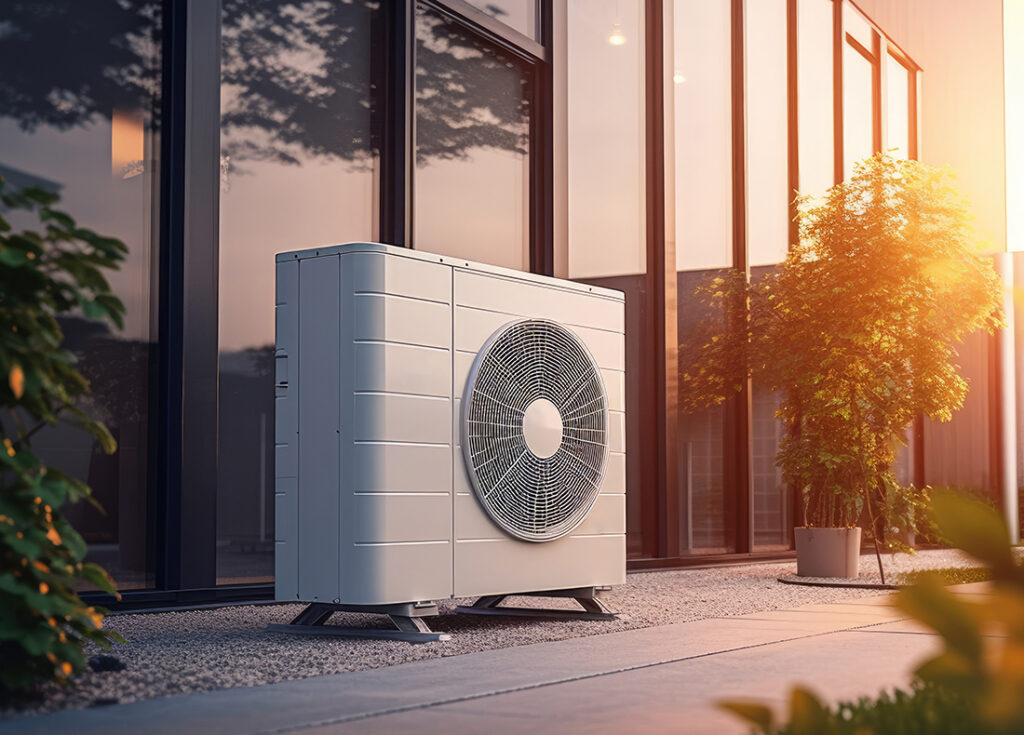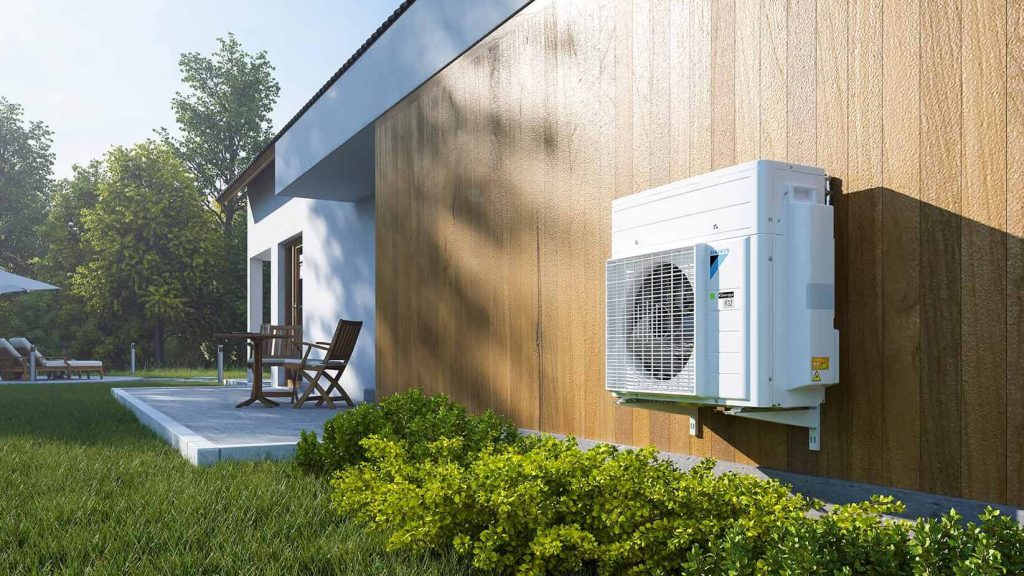How Temperature and Humidity Can Affect Your Air Conditioning

Estimated reading time 6 minutes
The predictions made in one of our previous articles “Is Your Air Conditioning Ready For 2023, Predicted To Be One of the Hottest Years on Record?” are already coming true.
On the 7 June the UK Health Security Agency and the Met Office issued the first yellow heat-health alert of the year, in 6 regions of England, London, East Midlands, West Midlands, East of England, South East and the South West. On the 8 June this was upgraded to an amber alert. This alert was then extended until the 13 June. On the 10 June temperatures reached 30.5°C at Heathrow, London and on the 13 June Porthmadog in North Wales recorded a temperature of 30.8°C the highest temperature so far recorded this year and well on the way to the hottest temperature of 40.3°C recorded in Coningsby, Lincolnshire on 19 July 2022.
The Met Office is still predicting that 2023 “will be one of the Earth’s hottest years on record”, hotter than 2022, with the average “forecast to be between 1.08°C and 1.32°C (with a central estimate of 1.20°C) above the average for the pre-industrial period (1850-1900): the tenth year in succession that temperatures have reached at least 1°C above pre-industrial levels.”
The UK tends to be humid when it’s hot making it feel hotter than it actually is as higher humidity levels means sweat doesn’t evaporate as easily which affects our ability to cool down.
Given the above prediction and the fact that temperatures and humidity is likely to continue to be high throughout the summer months, air conditioning will be essential in bringing down and maintaining lower temperatures indoors in many buildings, from offices to restaurants to gyms to shops.
How High Temperatures Can Affect Your AC
We know that when the temperature outside is high air conditioning systems can start to struggle as they have to work harder to maintain the temperature set indoors.
Basically, your AC system is a heat transfer system. It’s based on a simple scientific principle. When a liquid changes to a gas it results in the absorption of heat. Air conditioning uses this principle by pumping refrigerants through a compressor and forcing the refrigerant (which has properties enabling it to change at relatively low temperatures) to evaporate and condense again and again in a condenser in a closed system of evaporator coils. The refrigerant then transfers the heat from the inside air to the outside air maintaining the building at a steady temperature. The refrigerant then flows back to the compressor where the cycle starts over again.
During hot weather the air conditioning system must cool down the hot air inside the building some of which is released to an outdoor environment which is also at a higher temperature. The larger the temperature difference between inside and outside the harder the AC compressor has to work.
How Increased Humidity Can Affect Your AC
Humidity also plays a role in how well your AC performs its job. Like our bodies air conditioning will find it harder to lower the indoor temperature when there is high humidity.
Just as air conditioning removes the heat from the air, it also removes humidity too. However, humidity is moisture and needs to be removed in a different way to removing heat. As we previously mentioned air conditioning works by passing warm air over a series of evaporator refrigerant-filled coils. When the warm air moves across the evaporator coils it condenses the water vapour in the air and turns into water droplets. The coil then removes and drains it via a condensate array/drain pan. Each and every time warm air is passed over the evaporator coils water is removed from the air – dehumidifying it.
When there’s higher humidity i.e., when there’s a higher concentration of water vapour in the air then the air conditioning has to remove more water from the air to try to bring down the water vapour concentration and temperature.
In each case your AC will be consuming more energy and costing more money to run.
Maintaining Your Air Conditioning System To Cope With Higher Temperatures and Humidity
High outside temperatures and humidity can take its toll on your AC system as your system continuously has to work harder. As you move from the colder winter months into the warm summer months and back again it puts more strain on your system. Without regular maintenance your air conditioning system may start to suffer from breakdowns.
Air conditioning maintenance can ensure that individual air conditioning components and the system as a whole is properly maintained to ensure efficiency. By having regular maintenance in place air conditioning equipment’s lifetime is usually extended, and the reliability of your AC system is increased which in turn results in lower repair costs and energy bills which can only be a good thing in the current climate of rising energy prices.
Synecore For Air Conditioning and Planned Preventative Maintenance
Synecore are experts in air conditioning systems and can advise you on the best solution for your business premises.
We supply top of the range air conditioning brand names, including Mitsubishi, Daikin and, Toshiba to offices, hotels, restaurants, retail, and large commercial premises. Whether you require single split systems, multi split or a large VRV/VRF air conditioning system, we can provide you with the right air conditioning system solution.
Synecore also offer planned preventative maintenance (PPM) packages to suit your business and the size of your premises, overseen by an experienced project manager so you know you are in good hands. Your PPM includes scheduled visits throughout the year, as often as is required to keep your system efficient and compliant. We cover Kent, London and across the UK.
If you would like to learn more about how your air conditioning system can play a role in maintaining your building’s temperature, humidity and air quality, please contact Synecore via our contact form or on 01795 509 509. Our team will book an appointment for one of our engineers to visit your site and discuss your options.


